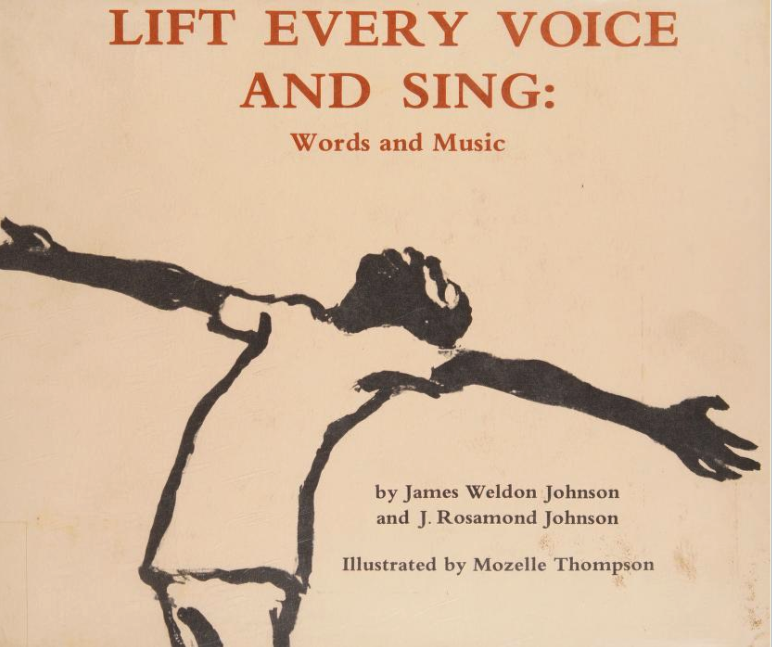Welcome to Writers Resist the Spring 2025 Issue
March is many things. It’s officially the bloom of Spring for some, Autumn for others. It’s Women’s History Month, days of madness for college basketball fans, a time to celebrate corndogs and trees, Benito Juarez and books. Beer, pigs, and Sigrblót, peasants and heroes and transgender awareness, and countless other things living, inanimate and conceptual.
For those dwelling in the United States or connected to it, particularly those inclined toward our pages, March hosts the seventh through tenth week of the nation’s new Christian nationalist regime, a white-male-cisgender supremacist onslaught that’s devastating in as many ways as there are official celebrations in the month of March.
In response, some of us write poetry and stories, the historians of our turmoil, if not our destruction, and this Spring issue is rich with such contributions. The overwhelmed hide in mindless TV or video games, while the outraged protest with signs and letters and phone calls to legislators. Some, the hopeful, write prayers, calls to action urging a resounding response.
And when we acknowledge our power, the power of the people, we will respond as DW McKinney encourages us to in “The Sunday After.” We will unite to insist on freedom, equity, love and acceptance. We will unite to reject the cruel, the unconstitutional, the despotic. We will Lift Every Voice and Sing the revolution.
Sing with us by joining a progressive activist organization, whether your local Indivisible, NAACP, Dem Club, or any of the many groups advocating against the unfounded and brutal federal budget cuts, abductions and incarcerations, and supporting mainstream candidates in the 2026 midterm elections.
Uncertain how to get started? Read this Spring 2025 issue. Perhaps you’ll find some inspiration.
Alyssa Beatty “Enough“
Annette L. Brown “Second Flags“
Joanne Durham “Ode to America, November 6, 2024“
Kelly Fordon “The Social Contract“
Janan Golestané “Identity Theft“
DW McKinney “The Sunday After“
Caiti Quatmann “Finger Banging Slutty Young Woman“
Ellen D.B. Riggle “Assigned at Birth“
Susan Rukeyser “You Can Tell by Looking at Her“
MM Schreier “She, I, You, We: Every Woman“
Steph Sundermann-Zinger Two Poems
Ya-Ting Yu “Ya-Ting (Iris)“
Banoo Zan “The Sea Gazelle“

